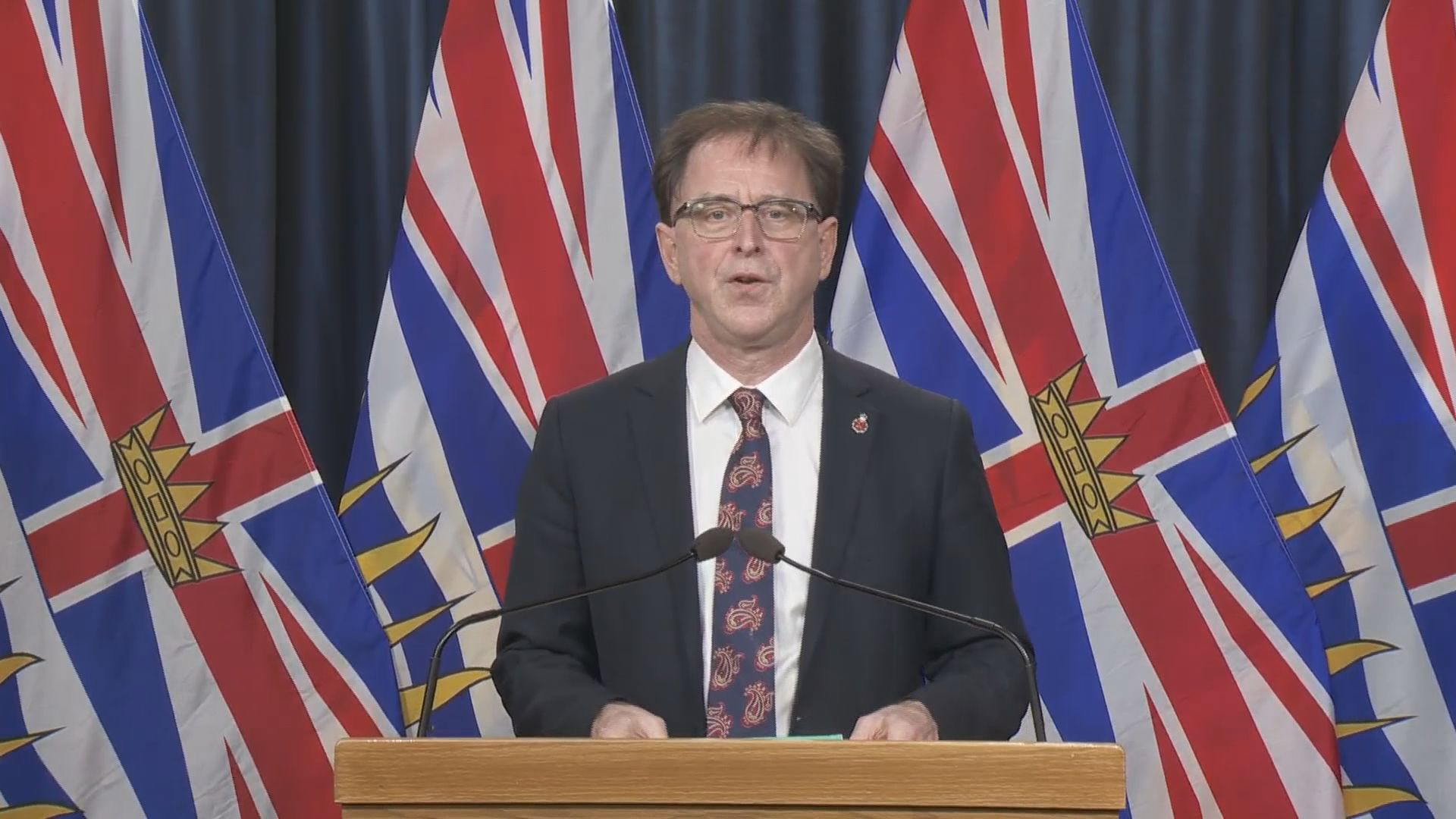DESIBUZZCanada
Events Listings
Dummy Post

International Day Of Yoga To Be Virtually Celebrated Saturday At 4pm

CANCELLED: Coronavirus Fears Kills Surrey’s Vaisakhi Day Parade

ADVERTISE WITH US: DESIBUZZCanada Is The Most Read South Asian Publication Online

SURREY LIBRARIES: Get Technology Help At Surrey Libraries

WALLY OPPAL: Surrey Police Transition Update On Feb. 26

GONE ARE THE DAYS - Feature Documentary Trailer

Technology Help At Surrey Libraries

Birding Walks

Plea Poetry/short Story : Youth Contest

International Folk Dancing Drop-in Sessions
NO MORE RESTRICTIONS? BC To Lift Vaccination Card Requirements This Friday
- April 7, 2022

The province said Tuesday that as people continue to get vaccinated, BC continues with previously announced plans to further lift COVID-19 restrictions, while protecting those most at risk with the launch of the spring booster vaccine program. Starting on Friday, April 8 at 12:01 am, showing the BC Vaccine Card proof of vaccination to access events, services and businesses will no longer be required but individual businesses and organizations can choose to continue requiring the BC Vaccine Card on their premises.
By R. Paul Dhillon – Editor DESIBUZZCanada
VICTORIA – The province said Tuesday that as people continue to get vaccinated, BC continues with previously announced plans to further lift COVID-19 restrictions, while protecting those most at risk with the launch of the spring booster vaccine program.
Starting on Friday, April 8 at 12:01 am, showing the BC Vaccine Card proof of vaccination to access events, services and businesses will no longer be required but individual businesses and organizations can choose to continue requiring the BC Vaccine Card on
"Thanks to the many British Columbians who have stayed up to date on their COVID-19 vaccines, we are seeing high levels of immunity and protection in our communities," said Adrian Dix, Minister of Health. "Boosters are an important part of continuing to protect those who are most at risk as restrictions continue to be lifted, and I encourage everyone to make time in their day to get a booster dose."
To protect seniors and Elders, the Province has begun rolling out a spring booster vaccine program for seniors in long-term care and assisted living facilities. Community-dwelling seniors over the age of 70 and Indigenous people over the age of 55 will also begin receiving their invitations for their spring booster dose - a new booster dose for eligible seniors who received their third shot six months ago or more. People can use their invitation to schedule their appointment in health authority clinics or at participating pharmacies. A call centre will also continue to be available for those who are not able to book online but individual businesses and organizations can choose to continue requiring the BC Vaccine Card on their premises.
People who are clinically extremely vulnerable (CEV) continue to be prioritized for their COVID-19 vaccinations. Those who have received their full three-dose primary series are eligible for their first booster dose about six months after their previous dose.
The spring booster vaccine program will provide a new boost of immunity for eligible seniors, as public health has indicated immunity in older people can wane in that time. The new booster will help to maintain and lengthen protection against severe outcomes of COVID-19, especially hospitalization and death.
The first booster shot provides protection in all ages and anyone who has not yet received their first booster dose are strongly encouraged to do so as soon as possible. Booster doses will be either the Moderna or Pfizer (mRNA) vaccine. Both vaccines are effective, interchangeable and you may receive either.
"Today, as we continue our progress managing COVID-19, we are easing restrictions and, at the same time, taking important steps to boost our immunity and keep people safe," said Dr. Bonnie Henry, B.C.'s provincial health officer. "As we all do our part - to get vaccinated, use our layers of protection and stay home when we are ill, we will continue to adjust our response as the pandemic evolves."
Starting on Friday, April 8 at 12:01 a.m., the following changes will take place:
* Showing the BC Vaccine Card proof of vaccination to access events, services and businesses will no longer be required.
* individual businesses and organizations can choose to continue requiring the BC Vaccine Card on their premises.
* The remainder of the Workplace Safety Order will expire, which means that businesses are transitioning back to communicable disease plans to reduce risk of all communicable disease.
* The requirement for students residing in residence to be fully vaccinated under the Post-secondary Institution Housing COVID-19 Preventative Measures Order will be repealed.
The easing of restrictions is based on ongoing and careful review of data by the provincial health officer and the BC Centre for Disease Control (BCCDC). Everyone will adjust to the changes in restrictions at their own pace, and it is important to be respectful of other people's comfort levels.
Vaccinations remain the primary layer of protection that have limited severe health outcomes from COVID-19. Of all eligible adults in B.C., 93.8% (4,057,726 people) have received their first dose, 91.5% (3,957,573 people) received their second dose and 59.5% (2,571,726 people) have received a third dose.
B.C. has also increased the supply of rapid tests, helping people monitor and manage mild COVID-19 symptoms at home. Currently, rapid antigen tests, in kits of five tests, are available to people aged 18 years and older through community pharmacies. As of Monday, April 11, citizens can pick up rapid tests without needing to show their B.C. personal health number.
As of Monday, April 4, nine million tests have been shipped to pharmacy distributors with more than 4.3 million rapid tests dispensed through more than 1,300 participating pharmacies. Across all priority populations and pharmacies, more than 40 million tests have been distributed.
The Province, provincial health officer and BC Centre for Disease Control will continue to monitor COVID-19 cases, hospitalization, critical care and death rates very closely in the weeks and months ahead.












